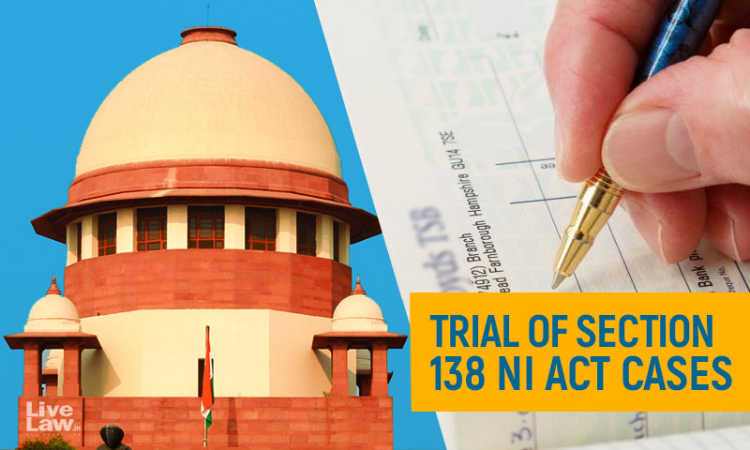Section 138 NI Act : Supreme Court Seeks Centre's Views On Creation Of Additional Courts For Cheque Dishonour Case
LIVELAW NEWS NETWORK
25 Feb 2021 2:00 PM IST

Next Story
25 Feb 2021 2:00 PM IST
The Supreme Court on Thursday sought the views of the Central Government on the creation of additional courts for the trial of cheque dishonour cases under Section 138 of the Negotiable Instruments Act, 1881.A bench comprising Chief Justice of India S A Bobde, Justices L Nageswara Rao and S Ravindra Bhat asked the Additional Solicitor General Vikramjit Banerjee if the Union of India was...
